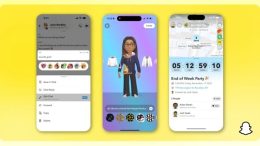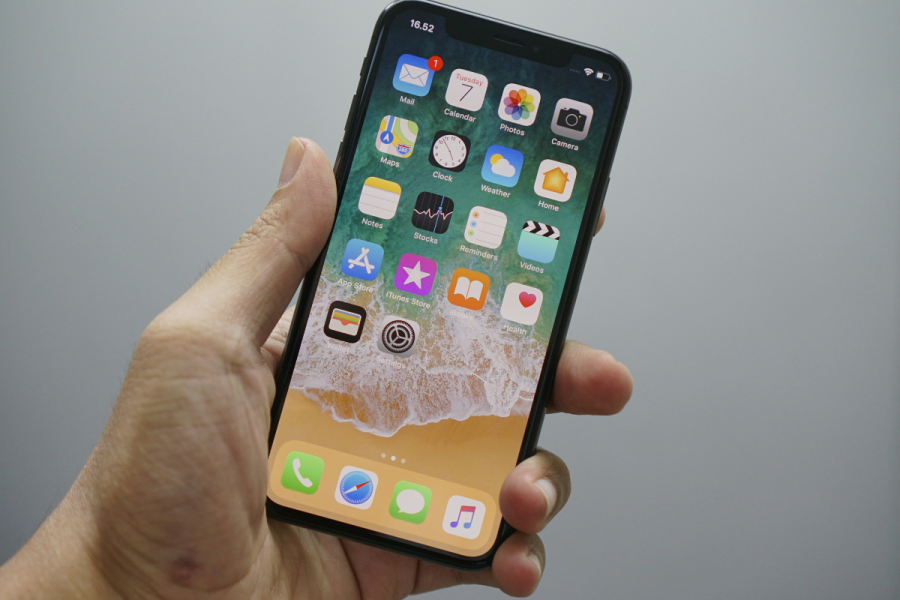The Safe America Foundation, a national safety group working with the U.S. government, announced yesterday that text messaging, social networking sites, and Twitter could help families stay in touch in the wake of a disaster. Although Twitter hasn’t always been known for its stability, in emergency situations when phone lines and other traditional communication avenues are down, social networking sites like it and others could turn into reliable backup methods for reaching loved ones.

Safe America is an Atlanta-based group working with the Federal Emergency Management Agency (FEMA) on a campaign called “Drill Down for Safety.” The program’s focus is to make people more aware of the alternative methods for communication which are available during emergency situations. According to the group’s spokeswoman, Carla Shaw, people should pre-load emergency messages on their cell phones as well as useful communication websites. Families should also discuss among themselves how they will use these tools to contact each other if there is an emergency situation. “We want people to rehearse what would you do, and what other forms of communication would you have at your disposal,” says Shaw.
For about a month, starting on September 11th and lasting through mid-October, 20,000 people are expected to participate in emergency training drills where the use of these alternative tools will be practiced. Some of the participants are volunteers who signed up on Safe America’s website but the majority will be employees from major companies including UPS, Motorola, Allstate, and Office Depot where testing will be done on the companies’ campuses.
For many technology early adopters, turning to a communication platform like Twitter or SMS when the landlines go down would probably be second nature, but if your friends and family don’t know how to access Twitter’s website, how to find and follow your account, or how to reply to your posts, then tweeting “Help!” or “I’m safe” isn’t going to be all that useful. That’s why it’s encouraging to see a national safety group like this focusing on training large groups on how modern social networking sites and Twitter can be used to share emergency information even when you can’t make a phone call. The only problem with this plan is the fact that when disaster strikes, cellular networks often go down too. That makes wireless communication – whether a phone call, a text, or something requiring data traffic – impossible. And then it’s back to square one.






